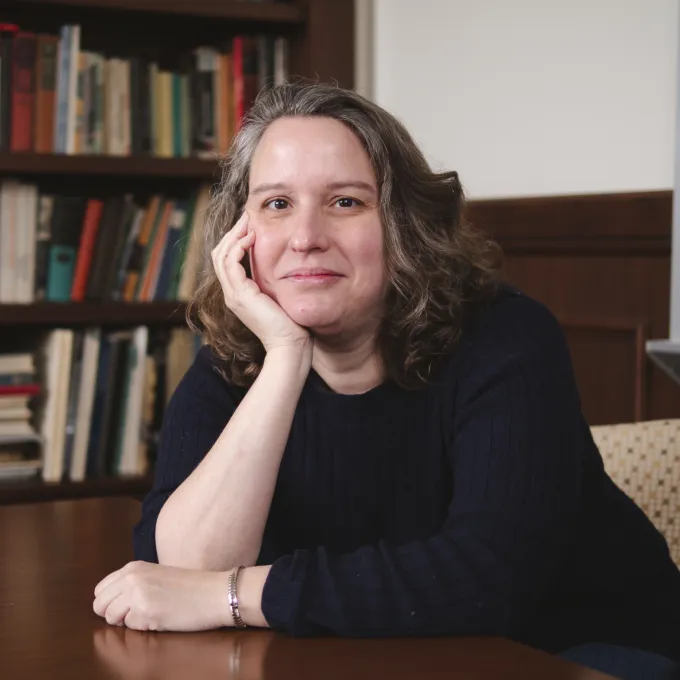Professor Johnson studies Renaissance Germany, particularly transformations in knowledge, power, and identity during this era of intellectual discovery and rediscovery, political retrenchment, and religious challenge.
Johnson is interested in exploring how knowledge (broadly understood) is generated, circulated, and used to impel action within specific historical contexts and under changing configurations of power and authority.
Her first book, The German Discovery of the World, examines the German responses to the overseas expansion of Europe, arguing that German participants and observers successfully made sense of the newly discovered lands and peoples on the basis of their existing expertise and interests. In putting the work of these mapmakers, travelers, publishers, moralists, merchants, and naturalists into the original context of its creation, she reassesses the relationship between Renaissance knowledge and the European encounter with the Americas, Africa, and Asia.
Her current research on “The German Nation of the Holy Roman Empire, 1440-1556,” examines how the intersections between national sentiment and imperial claims changed under the influence of humanism, imperial political reform, and the splintering of religious identity in the Reformation. She hopes to expand our understanding of Central European political culture and identity formation and to offer a different perspective on the meanings of nation and empire in early modern Europe.
To make an appointment: https://ProfessorCRJohnsonAppointments.as.me

